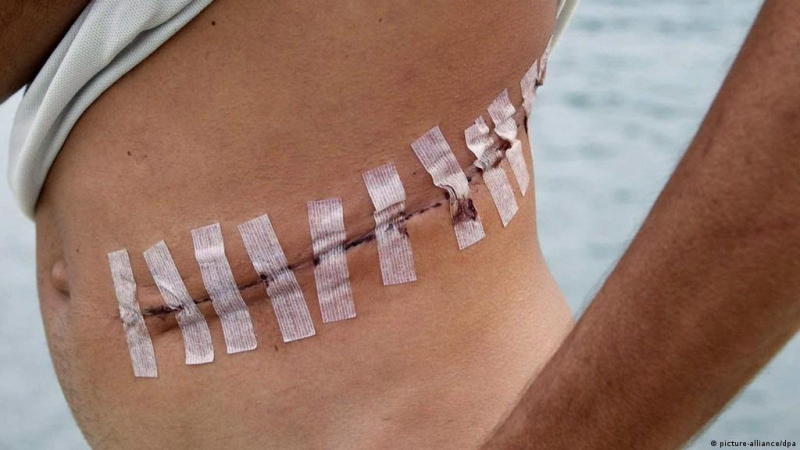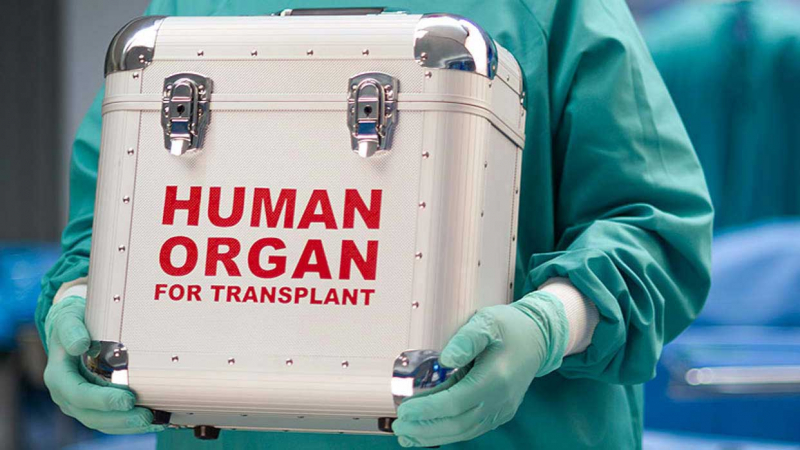Organ Theft
The urban legend about organ theft is so well-known that it has been featured in films. Although most people are aware of the black market for organs, for some reason the idea of organ theft is still regarded as an urban legend. This is partly due to the way it's portrayed in urban legends, which typically include tourists getting drugged and then waking up in a tub of ice with a missing kidney and a hastily sewn side gash.
Authorities maintained for many years that they were only urban legends and that no one had ever awoken in a tub of ice in this state. Nevertheless, officials were ultimately compelled to recognise a worrying trend in China that resulted in a much higher number of organ donors than organ recipients.
A group of specialists concluded in 2019 that it was highly possible that China was killing adherents of the Falun Gong religious movement and other political prisoners before harvesting their organs. Therefore, nobody gets to awaken in an ice bath here. They are being brutally slaughtered and are being stripped of every organ.
Around 1999, China began to punish Falun Gong practitioners. This is concurrent with a sharp increase in organ transplant procedures. China carried out 3,596 kidney transplants in 1998. They were above 10,000 a year later, and they appear to have stayed there ever since. However, their own records show they don't execute so many inmates, and even if they did, how would they match so many organs to those in need? China claims to collect organs from officially executed convicts. Everyone seems to agree that they have a second, unofficial source of organs, and that source is almost certainly organ harvesting.












